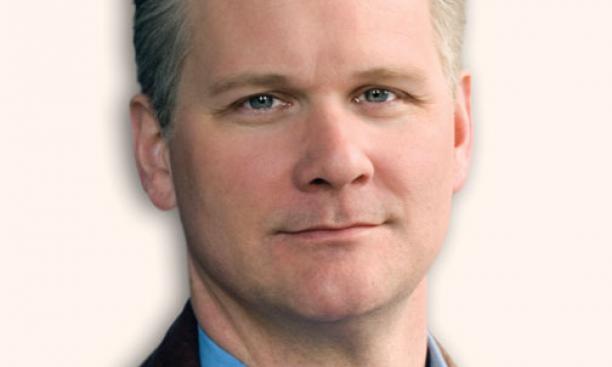

Does an American audience care enough about Africa?
Whether they should care is up to them. But they probably should pay more attention to it, for a number of reasons. One is it’s sitting on all these resources that the Western world — and the Eastern world — needs to run: oil, gas, minerals. And there is a bit of a land grab going on now between China and some Western nations. So for just selfish reasons, they should probably pay more attention. The other story is that you’ve got Islamic terrorism here in East Africa. You’ve got people who personally hate Europe and hate the United States. So you would be foolish not to pay attention to what’s going on.
Your first set of stories covered the ongoing struggle between the Somali government and the militant Islamic group al-Shabab. What exactly is going on there?
It’s a very bloody stalemate. Al-Shabab has pinned down a government that the United States is supporting in a few blocks in the capital city of Mogadishu, and they are surrounded. It’s like Fort Apache. The only people protecting this government are about 7,000 troops from the African Union. In order to travel around Mogadishu, you move in armored personnel carriers, and they drive at 50 or 60 mph because they don’t want to be a stationary target. It’s like a road rally through a bombed-out city.
People in Washington and London are very concerned about losing Mogadishu to Islamist insurgents. Part of the concern is also that al-Shabab could disrupt and destabilize East Africa. For the first time I appreciated what it means to be on the front lines of this global battle between militant Islam and democratic Western countries.
Your radio stories often are punctuated by sniper fire. How dangerous is your work?
Most people don’t go to Somalia because it’s very hard to go there. It’s very unpredictable. There are kidnapping rings in Mogadishu, there are Islamic insurgents in Mogadishu, there are clan militias in Mogadishu, there are pirates in other parts of Somalia. There are just so many people with guns and different agendas that it’s a hard place to work. I was with an army, and that’s the only reason I went — I felt pretty safe with the African Union troops. They’re called peacekeepers, but there is no peace in Mogadishu.
The Western world has stock images of Africa with child-soldiers, political disarray, disease, and extreme poverty. What are some of the unexpected stories that you’ve come across?
There are a lot of bad and sad stories about Africa, but one thing I’ve been noticing is that the economic growth rate in a lot of the countries is actually quite good. It’s between 5 and 8 percent. There is a middle class emerging in Kenya and Uganda that no one is paying attention to, and foreign companies are starting to think more and more about investing in Africa. It’s an easy story to overlook because it’s slow and incremental, but in Kenya I’m very struck by the number of people who have cars, good white-collar jobs, nice houses. The place is doing better economically than people think.
Where are you headed next?
In January there’s a referendum for southern Sudan to secede from northern Sudan — it could start another civil war there, and it could be very, very ugly. So I need to get my feet on the ground there and get to know my way around.
I have some Chinese-language skills, and I’m looking forward to covering the China story in Africa. China is buying all the natural resources it can in Africa; some Africans are happy and think that China will help develop the place, while others feel that this is just the latest version of an extractive colonial power. How that plays out is going to be really interesting.
— Interview conducted and condensed by Anne Ruderman ’01
